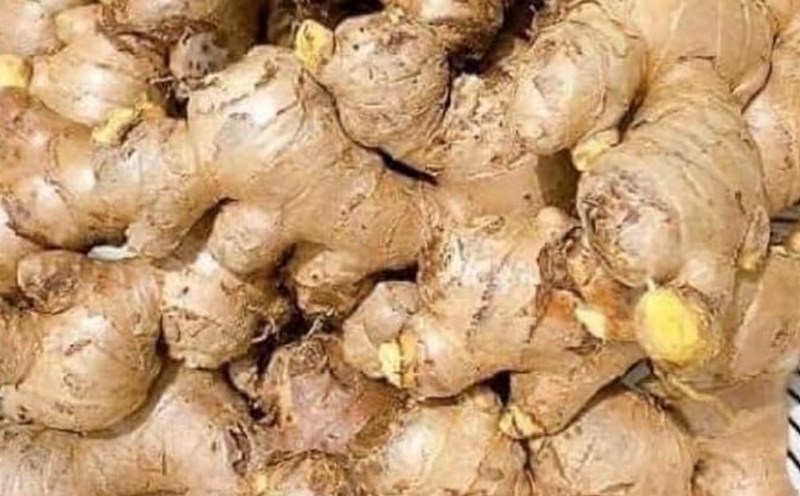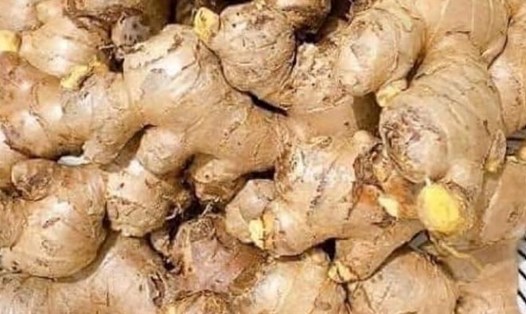Pumpkin and pumpkin both contain high water content, rich in vitamins A, C, potassium and antioxidants. According to the USDA Food Database, 100g of squash contains only about 13 calories but provides more than 90% of the water, making it ideal for body detoxification.
Dr. Amy Shapiro - a nutritionist in New York - said that pumpkins, especially green squash, have natural diuretic properties, helping to remove excess toxins and salt, thereby reducing the burden on the kidneys.
At the same time, the high content of antioxidants helps reduce inflammation and protect liver cells.
The liver is the organ that processes toxins and excess fat, which is vulnerable to diets rich in saturated fat, alcohol or refined sugar.
Research published in the Journal of Food Science and Technology shows that squash extract has the ability to reduce liver enzymes and improve fatty liver condition thanks to its antioxidant and blood lipid lowering effects.
Drinking squash juice regularly, especially when combined with a low-fat diet, can help reduce the risk of fat accumulation in the liver, while maintaining body moisture - an important factor for the liver to perform its detoxification function well.
The kidneys play a role in filtering blood, regulating water and electrolytes. When there is a loss of function, the kidneys are easily damaged by sodium, potassium or accumulated toxins.
Thanks to its natural diuretic properties, squash juice helps promote the excretion of excess fluid, reducing the risk of edema.
The moderate amount of potassium in squash helps maintain electrolyte balance. For people with chronic kidney disease, it is necessary to consult a doctor before using it regularly to avoid mineral excess.
Pumpkin juice can be done at home with simple steps:
Wash and peel a green pumpkin (or pumpkin).
Cut the pieces, boil them with just enough water.
Take the boiled water to cool, you can add a few slices of ginger or mint leaves to make it easier to drink.
You can squeeze fresh squash to get water, dilute it to reduce the smell of enthusiasm, drink it cold in the summer to help cool down effectively.
Although squash juice is very healthy, it should not be overused. Drinking 2-3 times a week is reasonable.
People with chronic kidney disease, especially in the final stages, need to control the amount of fluid entering the body to avoid overload. At the same time, you should not completely replace filtered water with squash juice.








